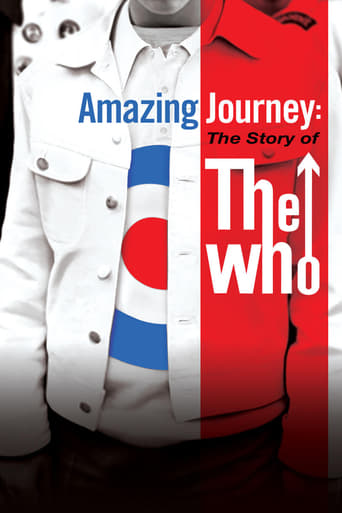
1942-07-07 East End, London, England, UK

Christopher Thomas Stamp (7 July 1942 – 24 November 2012) was an English record producer and manager known for co-managing and producing such musical acts as the Who and Jimi Hendrix in the 1960s and 1970s and co-founding the now defunct Track Records. He later became a psychodrama therapist based in New York State. Stamp started out as a filmmaker and met business partner and collaborator Kit Lambert while working at Shepperton Film Studios as an assistant director—they both worked on such films as I Could Go On Singing, The L-Shaped Room and Of Human Bondage. Eventually the pair came to share a flat in west London, and in 1963 Lambert convinced Stamp that the two should direct their own film about the burgeoning British rock scene."Our idea was to find a group that somehow represented the emerging ideas of our time. They would be rebellious, anarchistic and uniquely different from the established English pop scene," said Stamp. Stamp and Lambert met the members of The Who during one of their performances at the Railway Hotel (no longer standing) in Harrow and Wealdstone. At that time the band was known as The High Numbers The duo made a move to acquire the High Numbers from their manager Peter Meaden; Lambert had learned from The Beatles' attorney David Jacobs that the band's contract with their previous manager was legally invalid. In effect, Meaden had no legal claim to the band and in 1964 he accepted a buyout for relinquishing control to Stamp and Lambert. By autumn of that same year Stamp and Lambert convinced the band to change their name back to The Who (a name they were using prior to Meaden's management) and began to focus on the band's Mod image. The band managers also encouraged the band's early Mod look and also encouraged the band to include more blues and James Brown and Motown covers in their sets – since this was the sound most enjoyed by the Mod crowd. The new band managers also shot a short promotional movie for The Who in 1964 which they would sometimes show at the Who's live performances, before the band would take to the stage. Drawing from their filmmaking backgrounds, the duo also began to focus on the Who's stage show. They sent the band for lessons on how to apply stage makeup, and began to insist that the band have control of its own stage lighting during shows, which was virtually unheard of at the time. On occasion, Stamp and Lambert even became part of the act themselves; during one performance in 1966 they lit and tossed fire bombs onto the stage as the band played. By late 1966, with two hit albums by The Who under their belts, Stamp and Lambert established their own record label. The following year they signed artist Jimi Hendrix and founded Track Record Records, eventually known simply as just Track Records. Soon the label released its first single, "Purple Haze", followed by their first album, Are You Experienced. Track Records went on to profit from hit singles such as "Fire" by the band The Crazy World of Arthur Brown, which reached No. 1 in the UK and Canada and No. 2 on the US Billboard charts, as well as "Eight Miles High" by The Byrds, which reached No. 14 on the Billboard Hot 100. Stamp and Lambert also helped launch The Who's seminal rock opera Tommy.
 |
Amazing Journey: The Story of The Who | Self | 2007-09-14 |